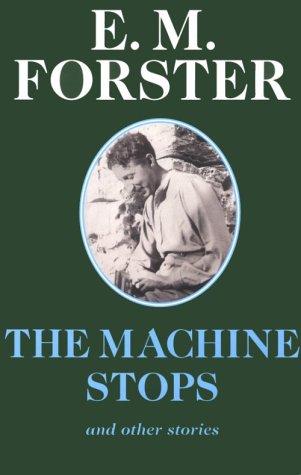At Lit Hub, Gabrielle Bellot examines “The Machine Stops,” the sole science-fiction story written by E.M. Forster, which contains eerie echos of today’s socially distanced world. “‘The Machine Stops’ would become famous a century after its publication for supposedly having envisioned technologies like social media—and the dangers thereof—long before they appeared,” Bellot writes. “People live in isolation in chambers, where they can call up music and real-time video-chatting at a click; the Earth’s surface is, authorities declare, uninhabitable, so people are advised to stay in their cozy rooms, which everyone has adapted to as their standard for normality.”
E.M. Forster’s Prescient Sci-Fi Story










